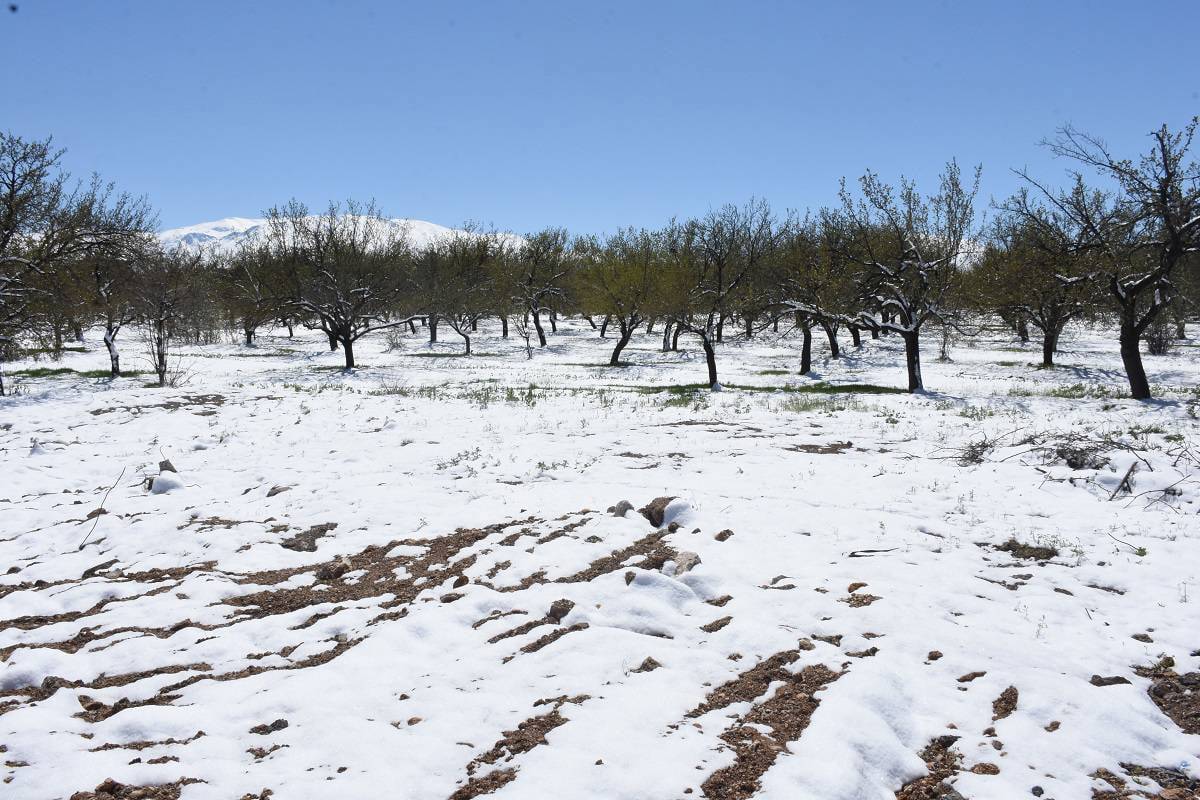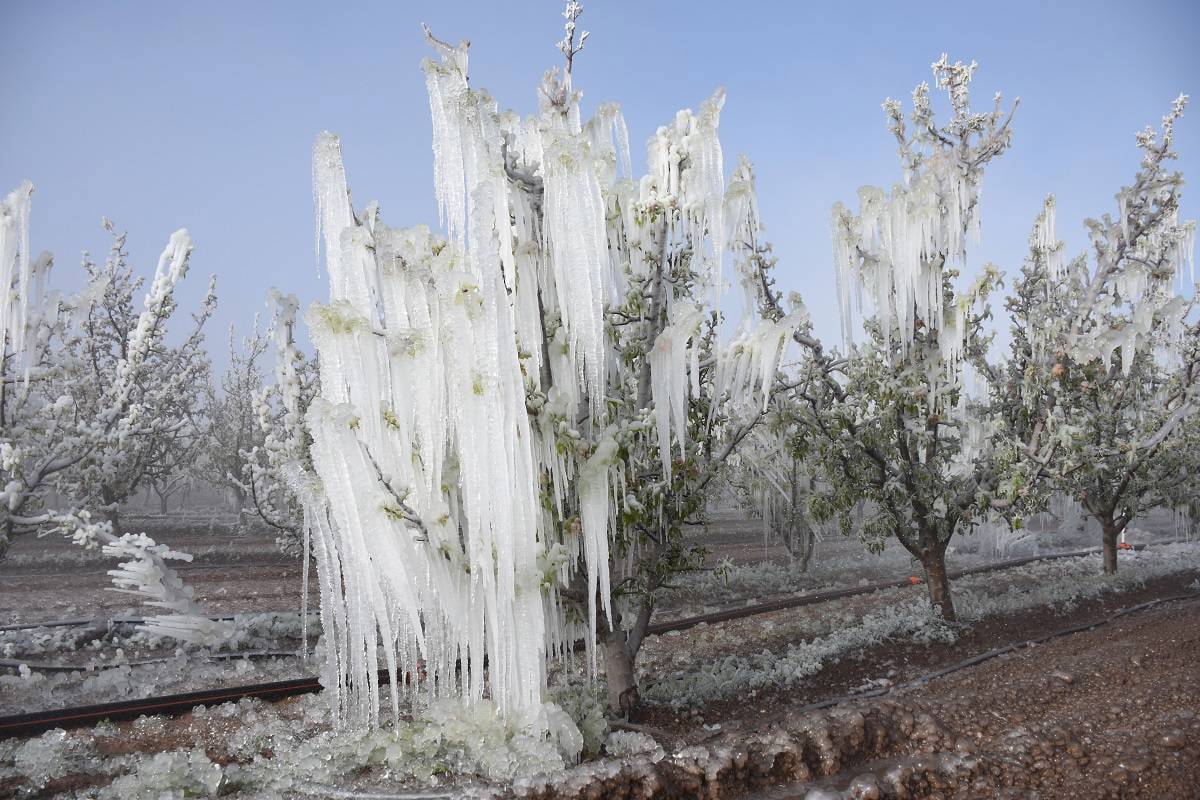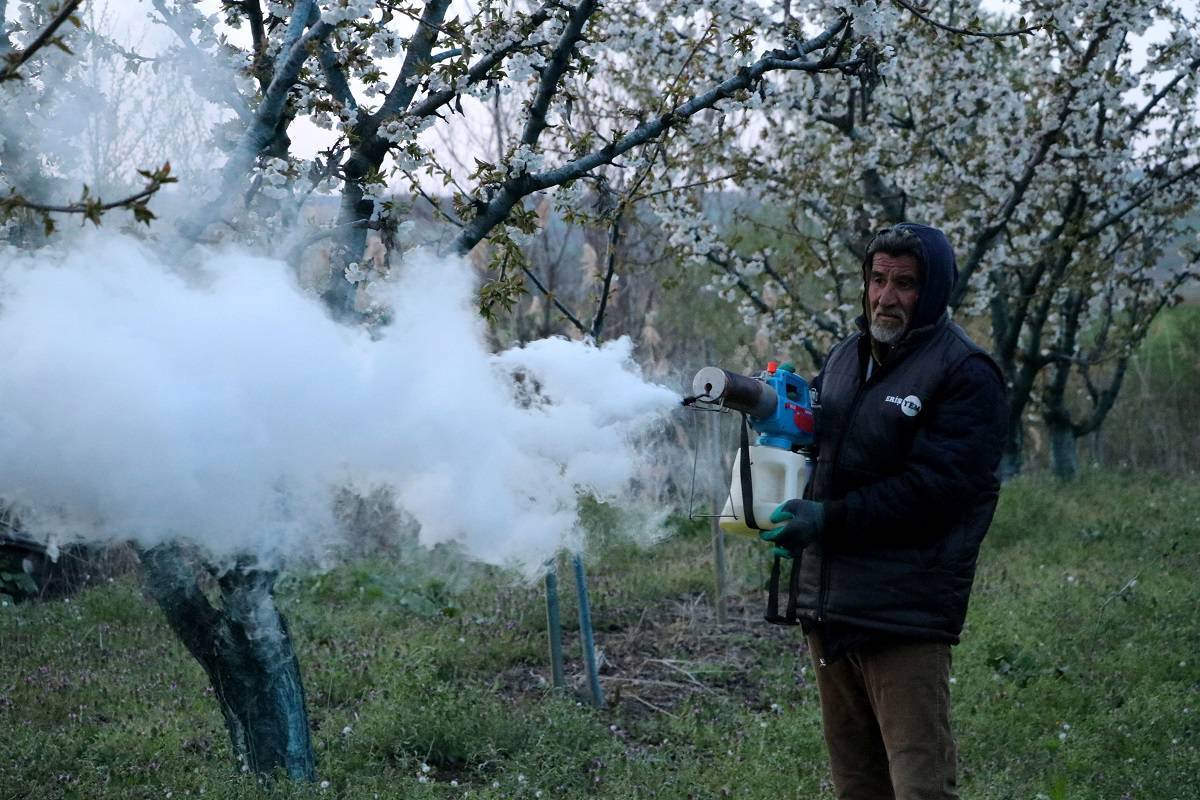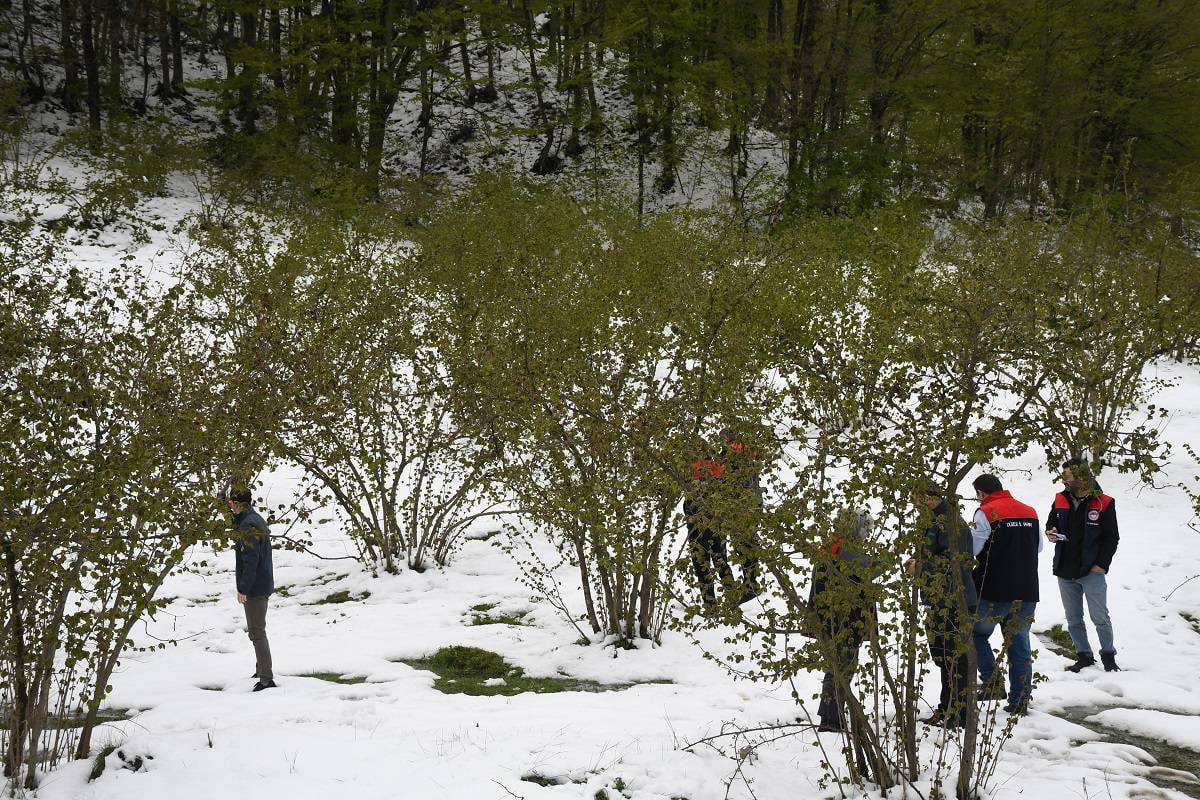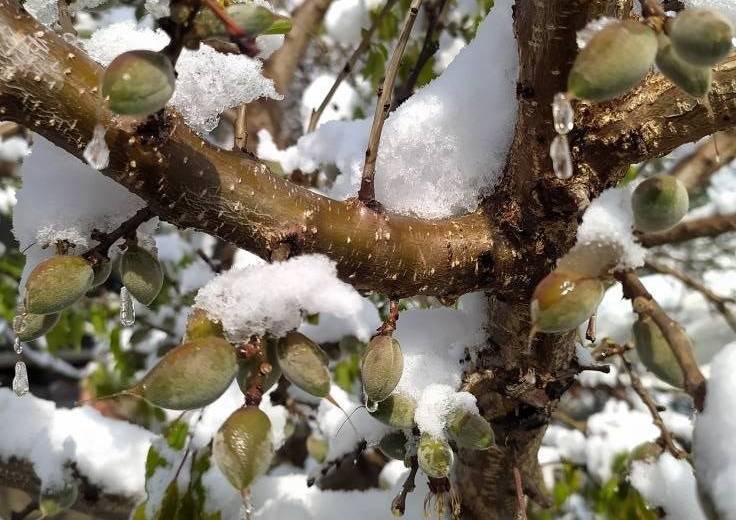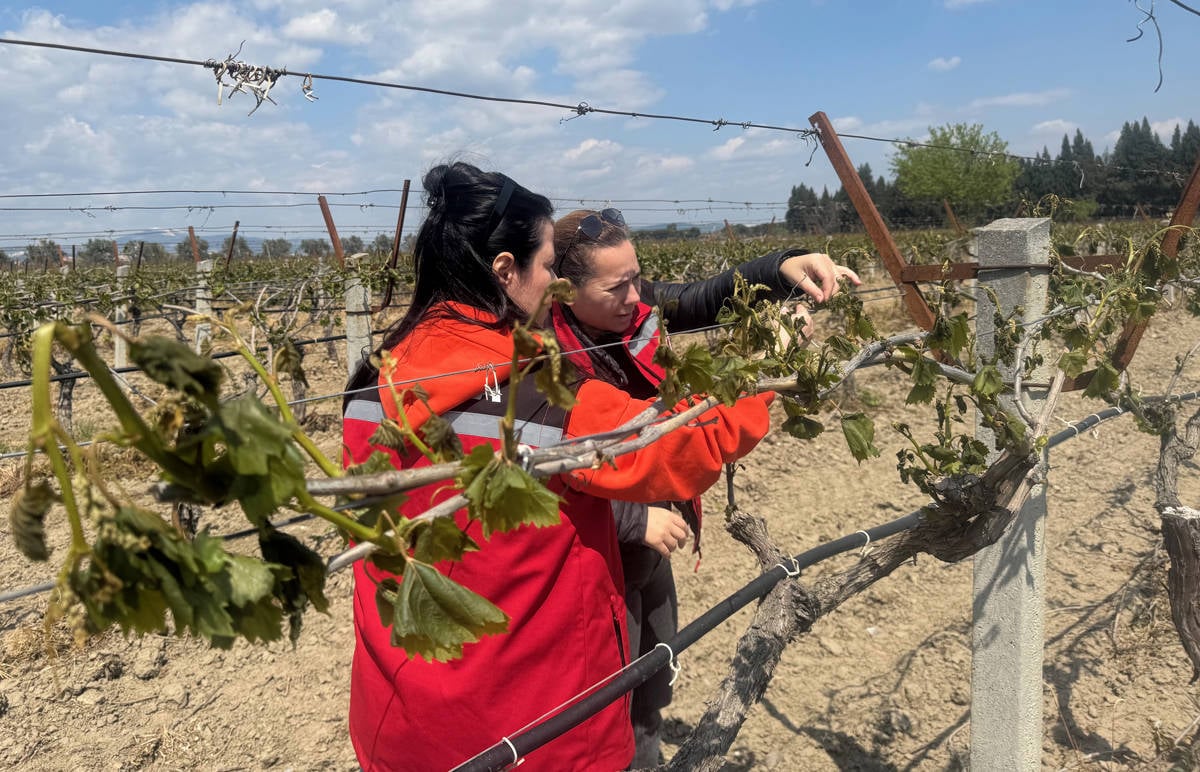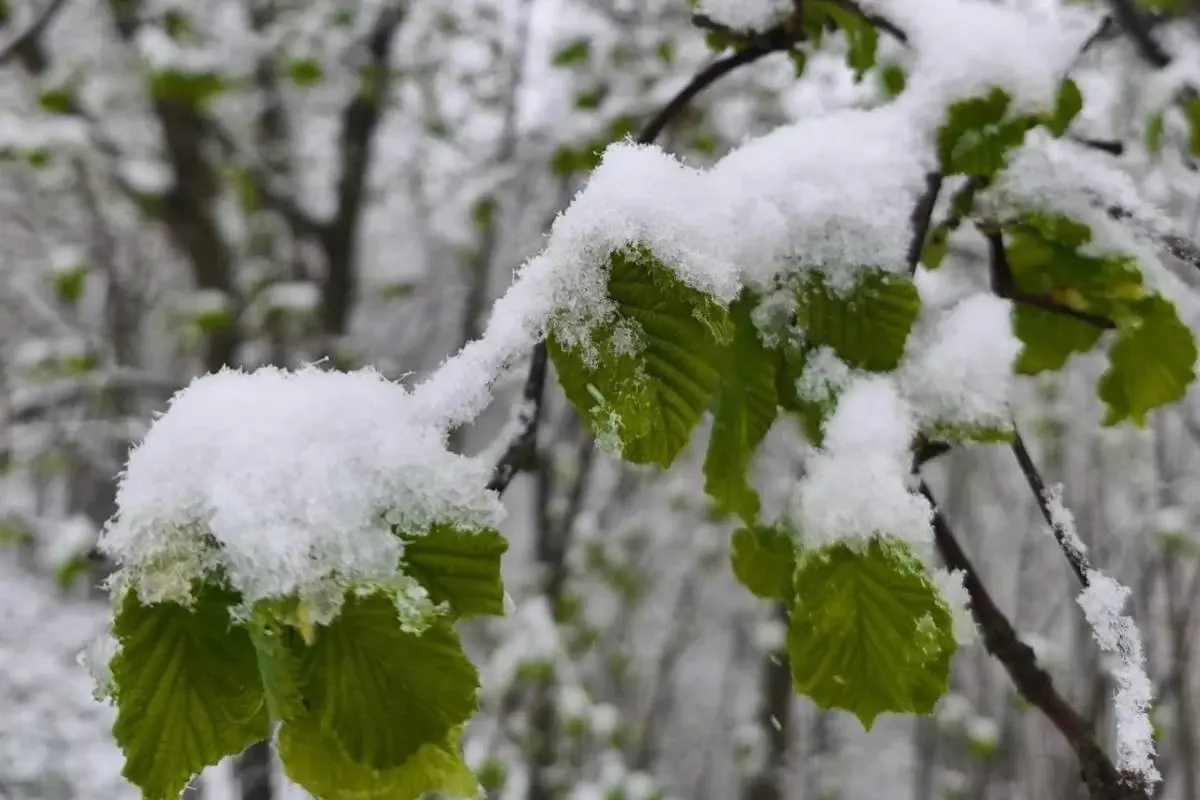Massive freeze devastates crops across Turkey, sparking food inflation concerns

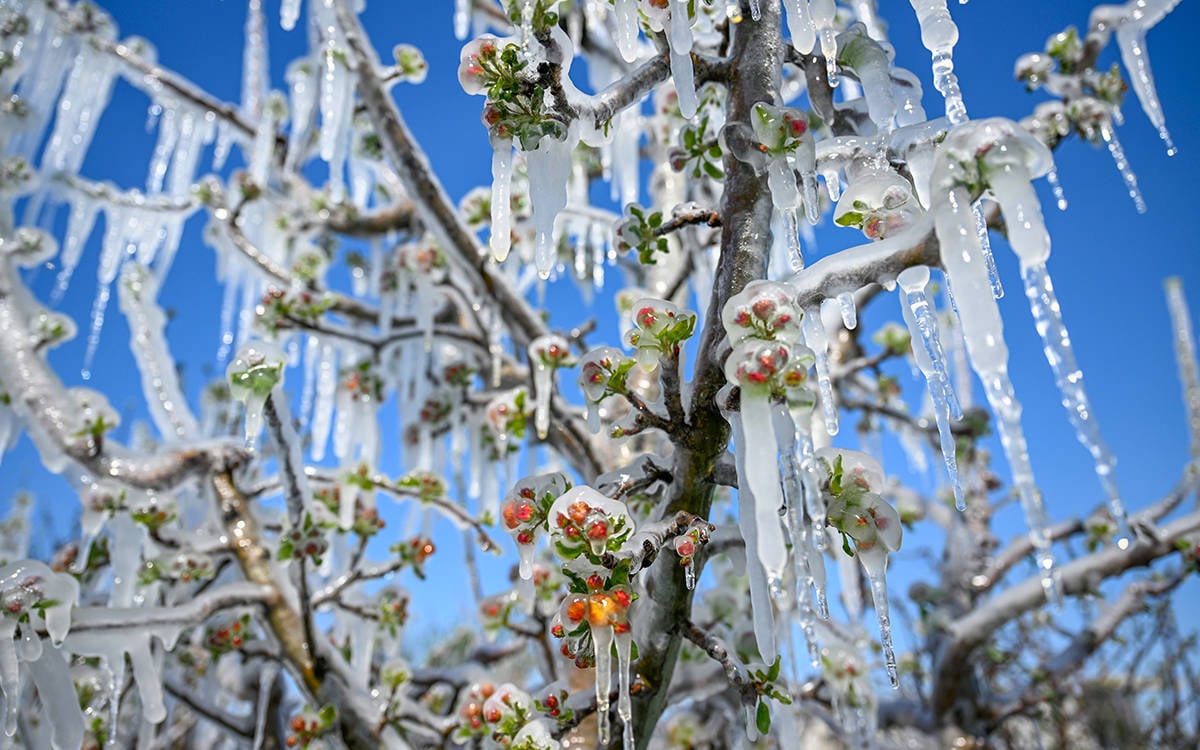
A severe agricultural freeze has affected 36 provinces across Turkey, causing extensive damage to crops and raising concerns about food inflation and supply chain disruptions.
The event is being described by officials as one of the most widespread agricultural freezes in history.
Temperatures across large swathes of the country dropped below zero in early April, with snowfall recorded in many regions.
The freeze between Apr 10 and 12 impacted areas from the breadbasket of Central Anatolia to the tea and hazelnut-growing Black Sea region, as well as eastern and western parts of the country. Key agricultural products including fruit trees, vegetables, and vineyards have been damaged.
Agriculture and Forestry Minister İbrahim Yumaklı confirmed that Turkey is experiencing "one of the most significant agricultural freezes in its history."
“We have been facing frost, snow, and hail due to sudden temperature drops, especially in the past three days, during which temperatures fell to minus 15 degrees Celsius in some regions,” he wrote on social media.
The minister added that the freeze affected an area larger than any similar event in recent years. “We will continue to stand with our farmers to ensure the continuity of production,” he assured.
Yumaklı also urged affected farmers to report damages to local agricultural directorates. Media reports indicate that most agricultural producers in the country do not insure their crops, which is expected to exacerbate losses.
Opposition MP highlights risks to food security
Main opposition Republican People's Party (CHP) deputy Ömer Fethi Gürer, also a member of parliament’s Agriculture Committee, pointed to climate change as a driving factor.
“Extreme weather events such as floods, hail, frost, and drought are causing major losses in agricultural production. This threatens the sustainability of farming and increases economic pressure on farmers,” he said during a press conference at the parliament today.
Gürer warned of an impending spike in food prices, particularly for fruits and vegetables, saying, “If this process is not managed properly, retired and low-income citizens will be unable to afford many essential food items."
Highlighting low insurance coverage among farmers, Gürer urged the government to provide broader compensation. “Even producers not covered by TARSİM [insurance company run by the ministry] must be supported. The president has the authority to make such a decision,” he said.
Gürer also submitted a legislative proposal to the parliament to increase state support for agricultural insurance. The bill suggests raising general premium support from 50% to 60% and frost coverage from 66% to 75%.
“The unpredictability caused by climate change is raising costs and lowering incomes for farmers. This reform would reduce the financial burden on producers and enhance sustainability in agriculture,” he remarked.
Damage spans major agricultural centers
In Malatya, a major apricot-producing region, local officials confirmed significant damage to apricot orchards. “The temperature dropped to minus 6–7 degrees Celsius in the city center, and even lower in higher-altitude areas,” said Malatya Mayor Sami Er.
In Manisa, known for its vineyards, frost damaged grapevines and fruit trees in several districts. Similar reports came from İzmir, Uşak, and Denizli, where vegetables such as tomatoes and melons were also hit.
In Niğde and Karaman, major apple-growing provinces, farmers saw large-scale damage. “This cold was extremely rare. We expect yields to fall even further below last year’s levels,” said Niğde Apple Producers Union head Atilla Kaplan.
As part of damage control, producers lit fires and used fog machines to protect orchards during sub-zero nights.
Full scale of the damage is expected to become clear in the coming weeks. (VC/VK)




